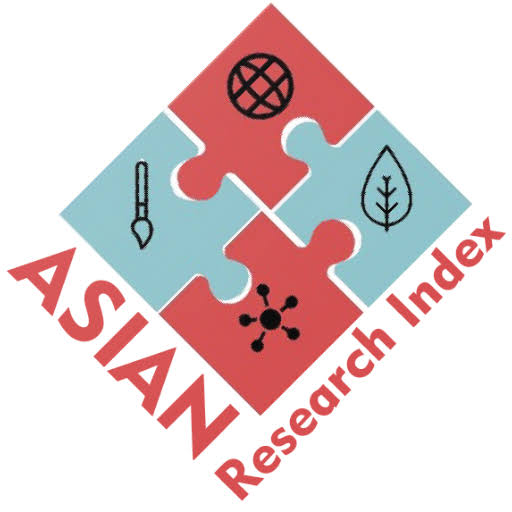Devolution Plan and Political Structure and System: A Case of Khanewal District
Keywords:
Devolution plan, Political structure, System, Khanewal districtAbstract
The study highlights a critical appraisal of the implementation of certain components of the local government decentralization program in Khanewal District. A key requirement was the need for all tiers of local government to review the various systems and processes they have in place for managing both their own internal affairs and their relationship with key stakeholders. Together these systems and processes comprise corporate governance. It is clear that local democratic renewal relies on the credibility public confidence in, elected councilors. All the tiers of Khanewal Local Government have established close working relationships with each other, which has contributed a lot to a smooth transition phase. Local government has been able to avoid conflict by adopting a consultative and inclusive approach to many of the issues it has encountered. District Government is committed to implement the internal control mechanisms outlined in the Punjab Local Government Ordinance 2001. Almost all of the Monitoring Committees have been established and have started their work. Inspection committees are actively involved in assessing and reporting complaints made by Union Council Administrations. It is still early days, however, once these internal control mechanisms have been fully established, operational and become an active part of the local government organizational culture. This will go a long way to achieving good governance in Khanewal District. The findings of this study will be extremely beneficial for those involved in the implementation of the decentralization and devolution of power program in Pakistan and elsewhere. This document will be extremely valuable to all those with an interest in good governance, public sector reform and the role of government in promoting community participation and service delivery.





